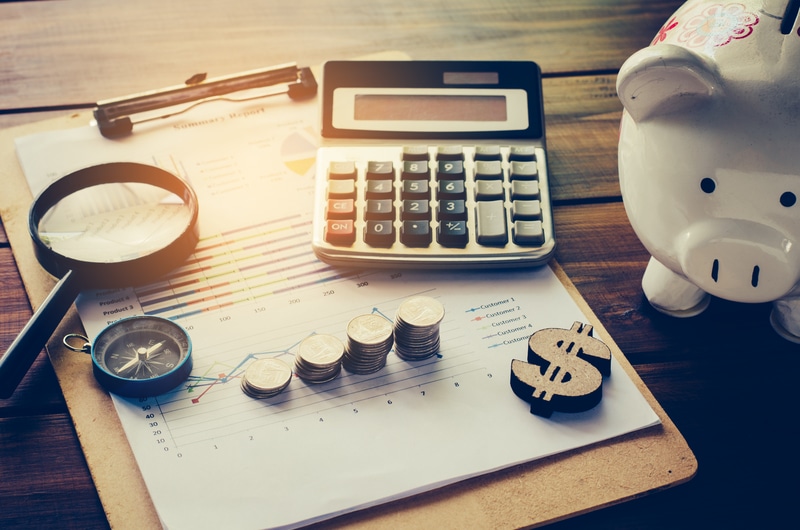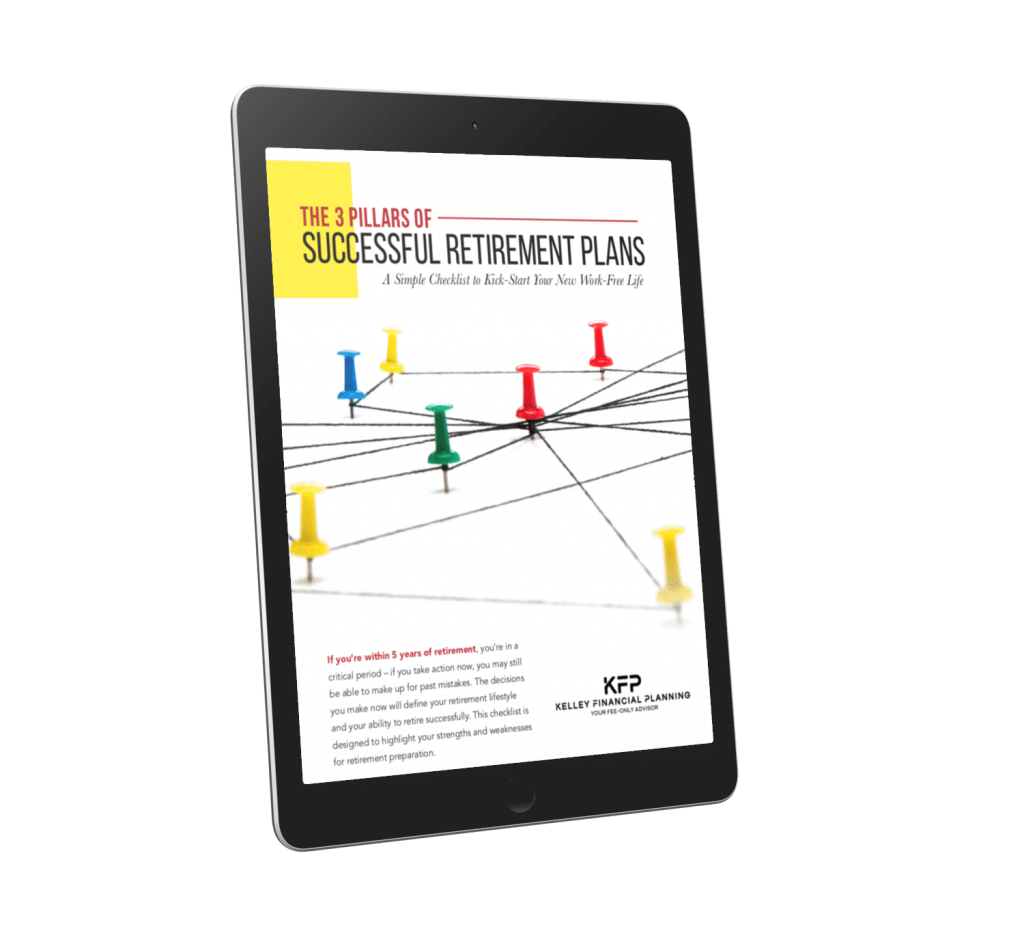Your financial health is extremely important. You may find that your financial health has a significant impact on your physical health. When you are in poor financial health, your stress levels are going to adversely affect your physical health. So, just like you should have physical check-ups. You also need a financial wellness check-up. This can help you determine what adjustments you should make in your spending and saving.
Debt to Income Ratio
Take a closer look at your debt and income. This is similar to a doctor measuring your height and weight. A taller person can afford to have a proportionately higher weight before it becomes unhealthy. In a similar fashion the higher income you have, the more debt you can reasonably manage. However, unlike your weight, you can never have too little debt. Your debt-to-income ratio is calculated by your monthly debt payments and dividing that amount by your monthly income. This ratio is a primary factor in your credit score. It’s so important that most lenders won’t trust you if it is too high. One look at a high ratio and you’ll be rejected.
Ability to Handle an Emergency Expense
Tragedy can strike at any time and at anyone. You could suddenly be in an accident, fall ill, lose a job, or get stuck in a natural disaster. A strong emergency savings fund is fundamental to your strong financial health. That fund needs to be easily accessible. A good option is an online savings account. That way it can easily be accessed whenever and wherever you need it. Otherwise, you may need to use fast cash loans. Fast cash loans come with fees and interest rates. Once you’ve reached your emergency fund goal, add to it. Then, continue doing so until you feel confident that, should you lose your job, you could sustain yourself for several months.
Net Worth
Your net worth provides a quick snapshot of your financial health by looking at the total value of all your assets minus your liabilities. Assets include cash, retirement accounts, investments, real estate, collectibles, and other items you own. Liabilities include all of your debts. Car debt, credit card debt, student debt, mortgages, and more. To determine your net worth add up the value of all of your assets and then subtract the amount of money owed on each liability. When assessing your net worth, be careful not to confuse some of your liabilities as assets. For example, your car isn’t an asset if you owe money on it.
By completing your financial wellness check-up, you’ll end up with a list of changes that you need to make to your finances to get them healthy. These tips are just some of the quick steps you can take to get a pulse-check on your financial health. After you complete them, you need to start acting on your new plan. Otherwise, nothing will change.
To get more help with your financial wellness, set up an appointment with Mike today!













